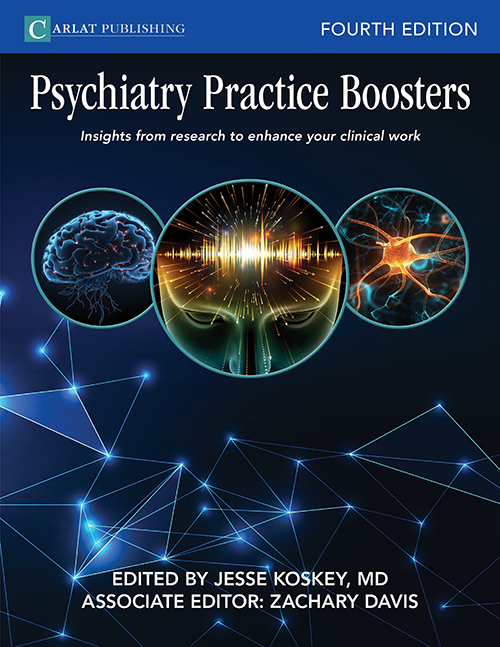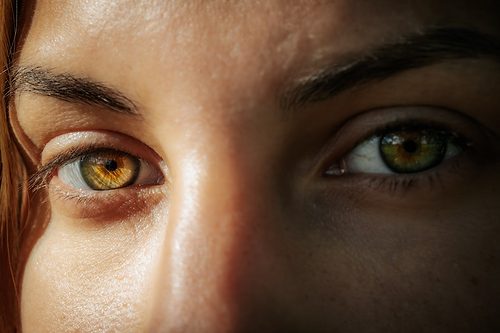Child Psychiatry
Treating Tourette’s Disorder
Melissa Fluehr
Clinical research coordinator, Behavioral Science Unit, Icahn School of Medicine at Mount Sinai, New York, NY.
Ms. Fluehr has disclosed that they have no relevant financial or other interests in any commercial companies pertaining to this educational activity.
Maxwell Luber
Clinical research coordinator, Behavioral Science Unit, Icahn School of Medicine at Mount Sinai, New York, NY.
Mr. Luber has disclosed that they have no relevant financial or other interests in any commercial companies pertaining to this educational activity.
Barbara Coffey, MD, MS
Director, National Tourette Center of Excellence, Icahn School of Medicine at Mount Sinai
Dr. Coffey has disclosed that they have no relevant financial or other interests in any commercial companies pertaining to this educational activity.
Read More
Assessing and Diagnosing Tic Disorders
 Erica Greenberg, MD
Assistant psychiatrist at Massachusetts General Hospital; Pediatric Neuropsychiatry and Immunology Program within the OCD and Related Disorders Program at Massachusetts General Hospital, Boston, MA
Dr. Greenberg has disclosed that she has no relevant financial or other interests in any commercial companies pertaining to this educational activity.
Erica Greenberg, MD
Assistant psychiatrist at Massachusetts General Hospital; Pediatric Neuropsychiatry and Immunology Program within the OCD and Related Disorders Program at Massachusetts General Hospital, Boston, MA
Dr. Greenberg has disclosed that she has no relevant financial or other interests in any commercial companies pertaining to this educational activity.
From Infantile Autism to Autism Spectrum Disorder
Glen Elliott, MD, PhD
Editor-in-chief, The Carlat Child Psychiatry Report
Dr. Elliott has disclosed that he has no relevant financial or other interests in any commercial companies pertaining to this educational activity.
Read More
Evolution of the Autism Diagnosis
 Fred Volkmar, MD
Professor of psychology at the Yale Child Study Center, New Haven, CT
Dr. Volkmar has disclosed that he is an editor for Springer Publishing. Dr. Elliott has reviewed this article and found no evidence of bias in this educational activity.
Fred Volkmar, MD
Professor of psychology at the Yale Child Study Center, New Haven, CT
Dr. Volkmar has disclosed that he is an editor for Springer Publishing. Dr. Elliott has reviewed this article and found no evidence of bias in this educational activity.
Concerta: Brand vs Generic
Glen Elliott, MD, PhD
Editor-in-chief, The Carlat Child Psychiatry Report
Read More
Internet-Delivered CBT for Adolescents With OCD
Colleen Ryan, MD
Dr. Ryan has disclosed that she has no relevant financial or other interests in any commercial companies pertaining to this educational activity.
Read More


_-The-Breakthrough-Antipsychotic-That-Could-Change-Everything.jpg?1729528747)



